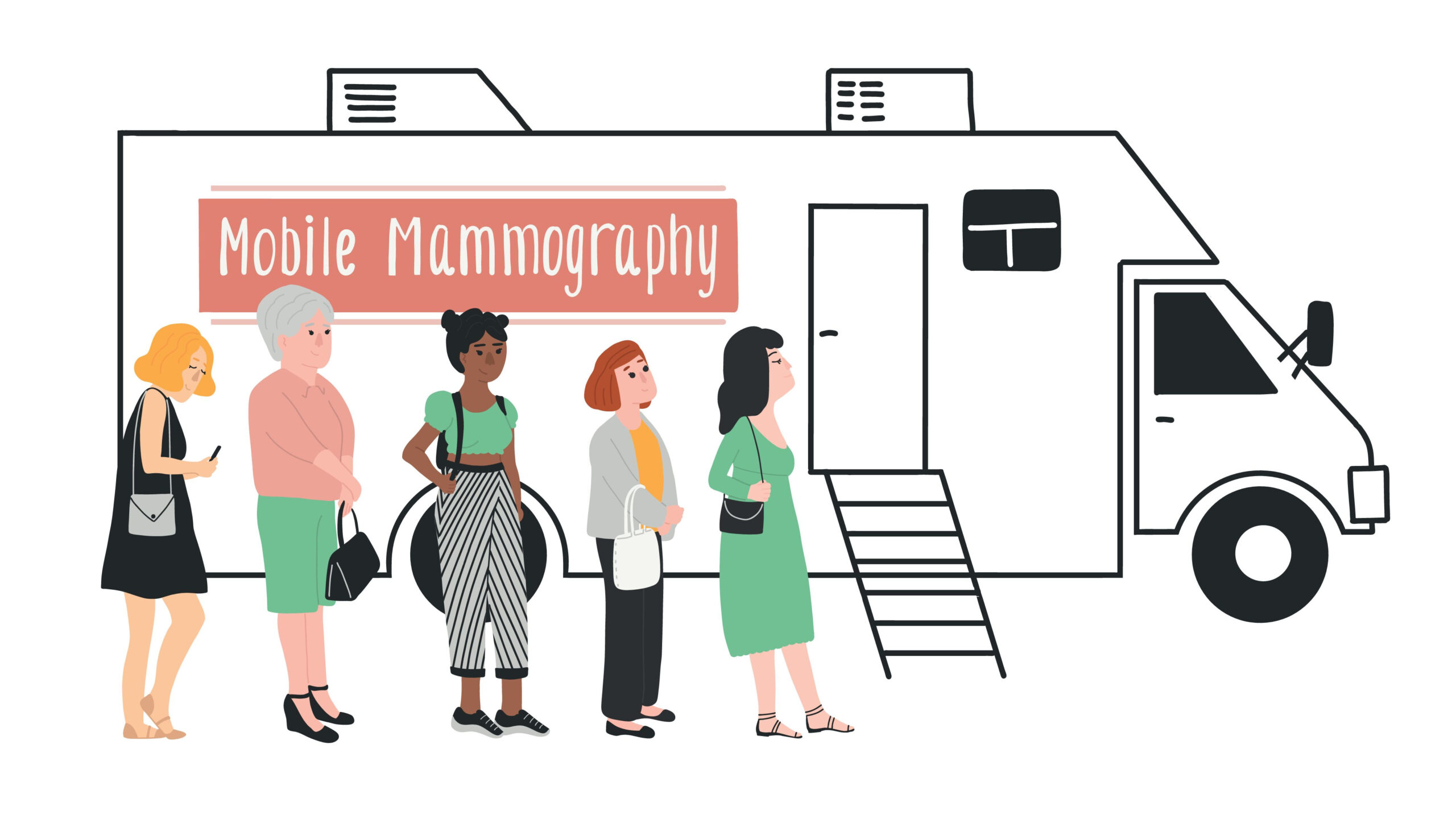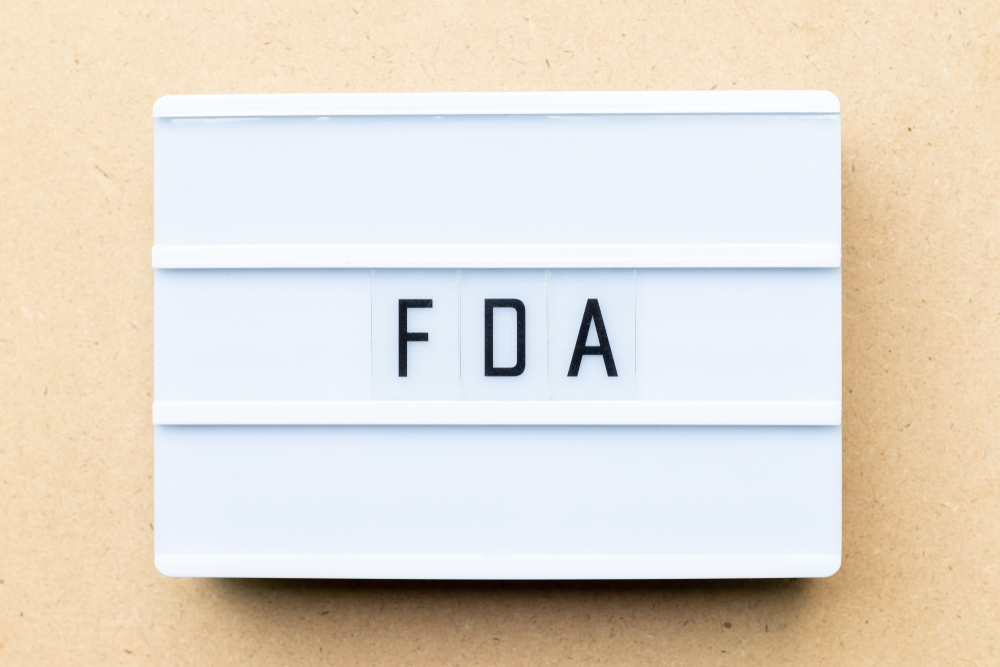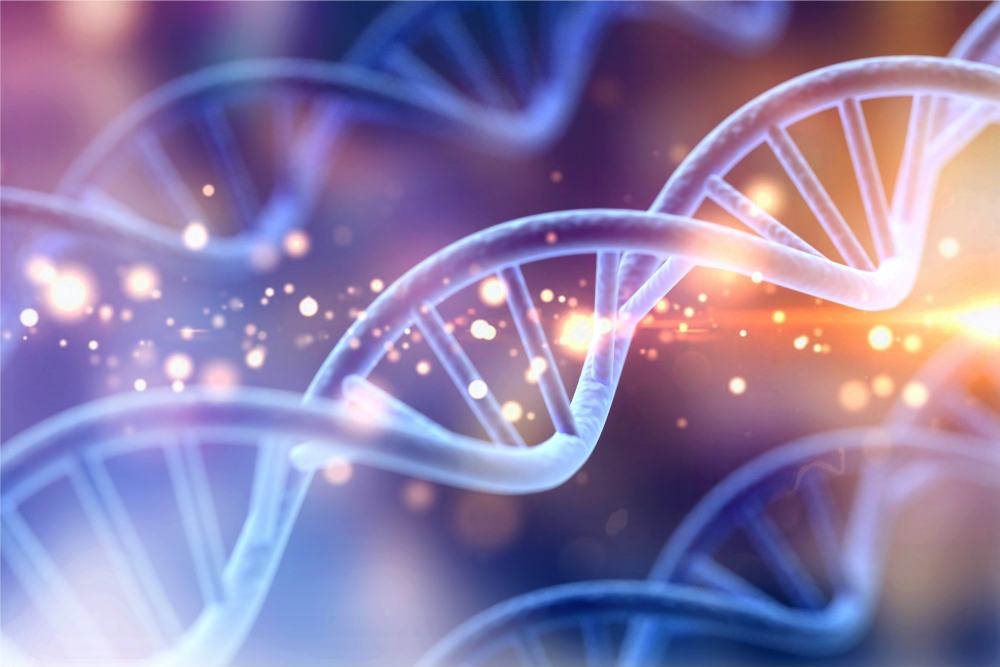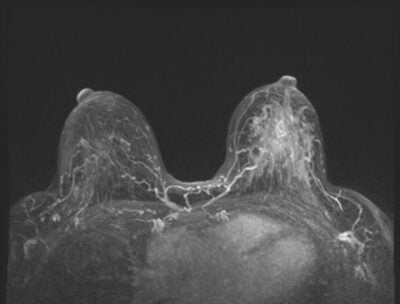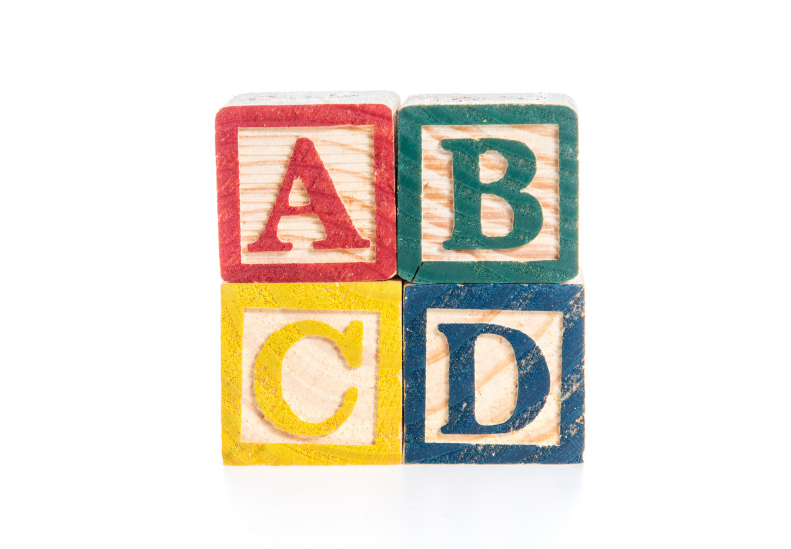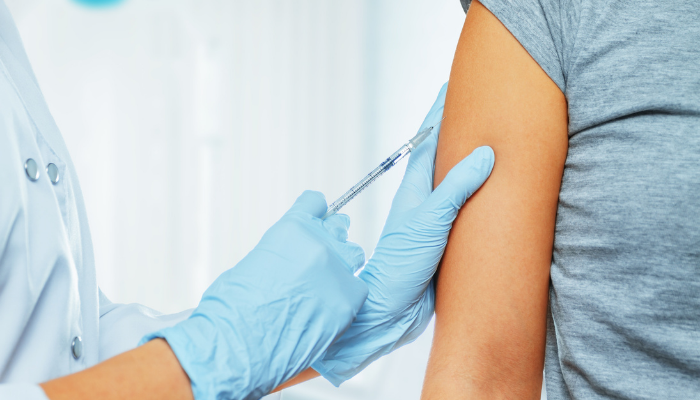Cancer prevention is a topic that is constantly evolving, and that can make it hard to come up with a plan. With new studies being performed every year, patients and providers are surrounded by new information — and some of it can feel conflicting. If you’re actively learning how to prevent cancer, there are some universally accepted methods that most providers agree on, and many of them have to do with diet and lifestyle.
Are you at risk for breast cancer?
Calculate Your Risk TodayThe Role of Diet in Cancer Prevention
Studies have shown that avoiding certain foods while increasing your intake of other cancer-fighting foods may help in cancer prevention. While there is no guaranteed way to prevent cancer, of course, following some of the guidelines outlined here can work toward lowering your risk.
Embracing a Plant-Based Diet
One cancer-fighting food change you can make is experimenting with a plant-based diet. Fruits, vegetables, and whole grains contain phytochemicals (antioxidants and carotenoids) that reduce inflammation and interrupt certain processes that aid cancer growth. Additionally, these foods contain high amounts of plant-based fiber — another powerful tool to reduce your cancer risk.
Another benefit to a plant-based diet is the reduction of your consumption of red and processed meat, both of which are connected to increased cancer risk. Even small changes are good — if you don’t want to fully remove animal proteins from your diet, experts recommend adding one or two plant-based meals per week.
Lifestyle Habits for Cancer Prevention
In addition to your diet, there are other ways to make changes in your life that aid in cancer prevention. Some are small, and others are a bigger undertaking, but they’re all important ways to reduce your risk.
- Exercise regularly (at least 150 minutes of moderate exercise per week)
- Stop the use of tobacco as soon as possible
- Reduce or eliminate alcohol consumption
- Limit sun exposure and use sunscreen every day
- Get vaccinated against cancer-causing infections like Hepatitis B and HPV
Building Sustainable Healthy Habits
Making changes to your diet and lifestyle can be intimidating, which is why it’s important to start in a small, sustainable way. Making big, sweeping changes right away is often overwhelming and hard to maintain. Identify two or three changes you’d like to make, and make some goals surrounding them that are achievable daily.
- Add one fruit or vegetable to each meal
- Start small with physical activity and increase over time
- Try one meatless meal a week
- Put on a daily moisturizer with SPF every morning
If you can incorporate some small changes into your daily routine, you are far more likely to find long-term success.
Cancer-fighting Foods Are a Strong First Step In Cancer Prevention
A diet that incorporates a wide variety of fruits, vegetables, legumes, and whole grains has a higher chance of reducing your risk of developing cancer. According to the American Institute for Cancer Research, these foods have phytochemicals, vitamins, and minerals that have been shown to have cancer-preventing properties. Some of these foods include, but are not limited to:
- Cruciferous vegetables (broccoli, cauliflower, brussels sprouts
- Dark, leafy greens (kale, spinach)
- Legumes (dry beans, lentils, peas)
- Berries (raspberries, strawberries, blueberries)
- Carrots
- Citrus (grapefruit, oranges)
- Garlic
- Tomatoes
While there is no cure-all way to prevent cancer, these methods have been shown to have significant positive effects in cancer prevention — but the benefits don’t stop there. Limiting consumption of certain foods (like red and processed meat, and foods that are high in fat, calories, and added sugars) can improve your health in many other ways like weight loss, and the reduction of pain and inflammation.
These changes don’t have to be big, but they do require action. With some dedication to small, achievable goals, you can take a big step toward preventing cancer — it’s not too late to start!
Stay Informed, Stay Healthy
Follow our women’s health blog for more tips on breast cancer prevention and other women’s health concerns.

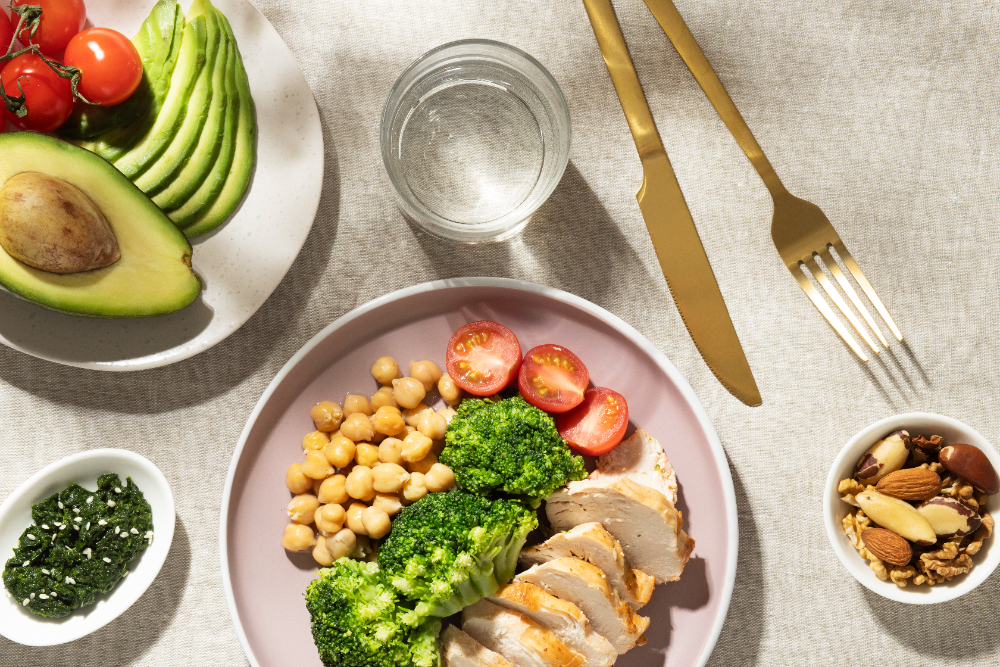

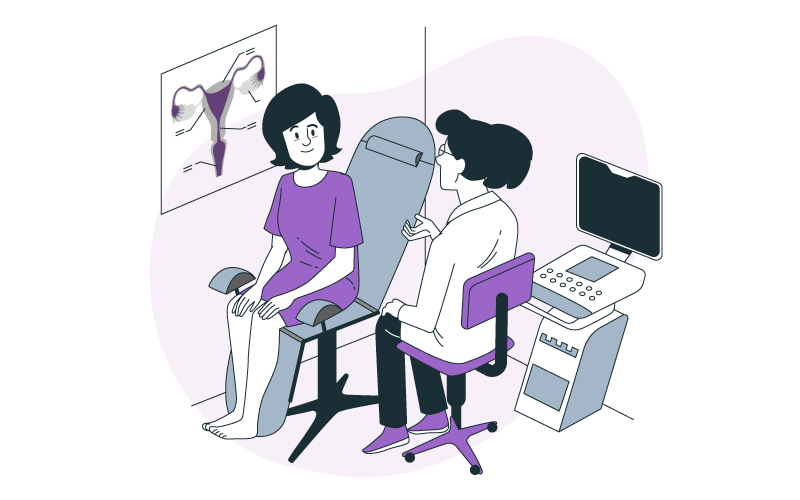




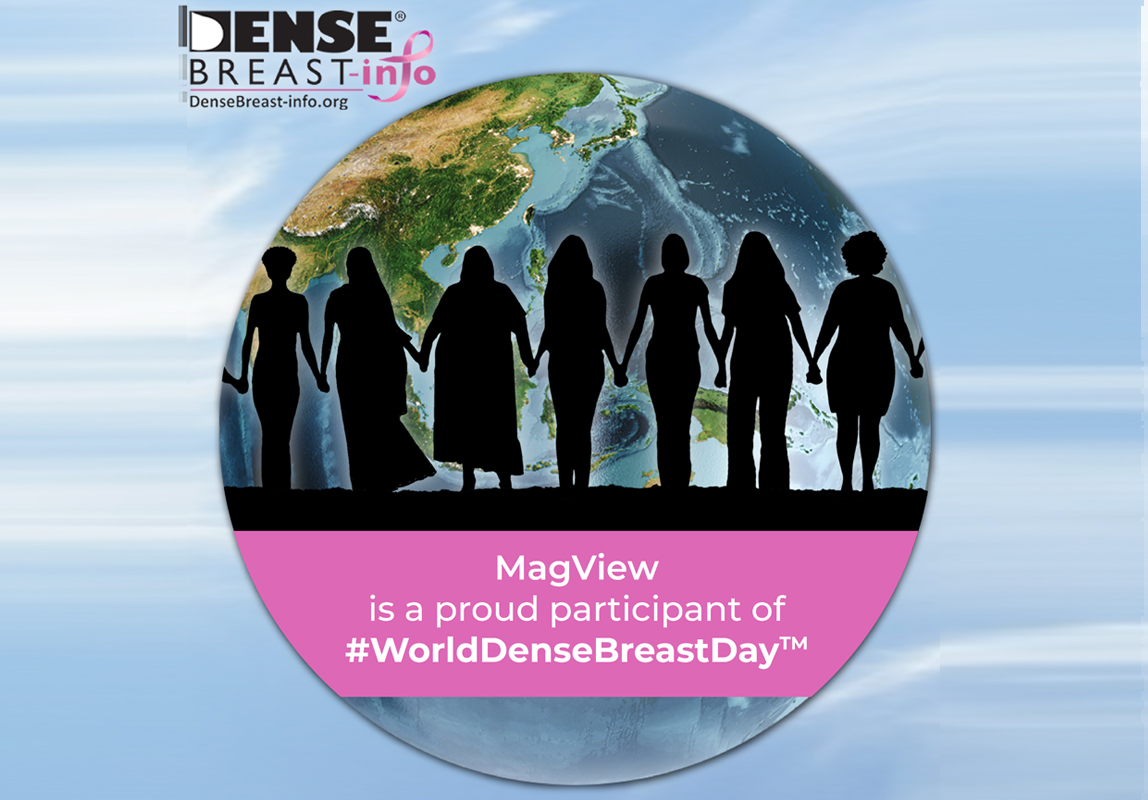




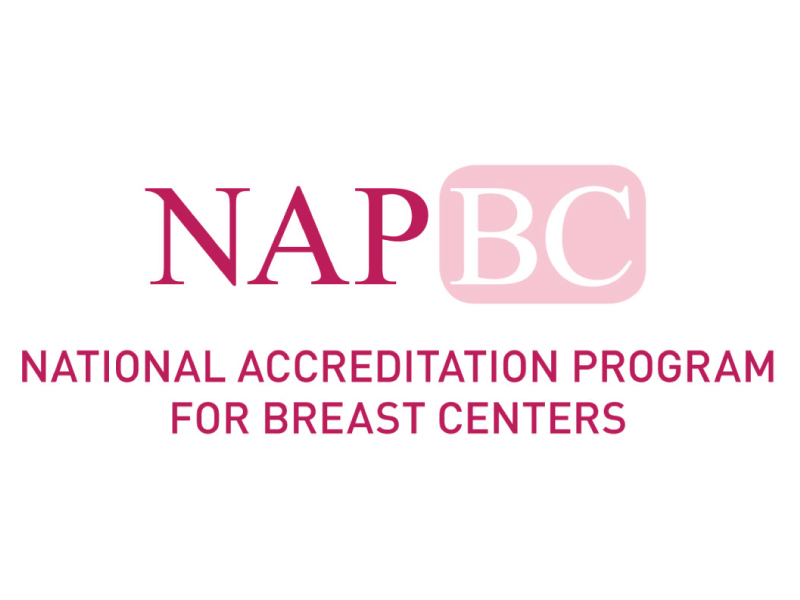
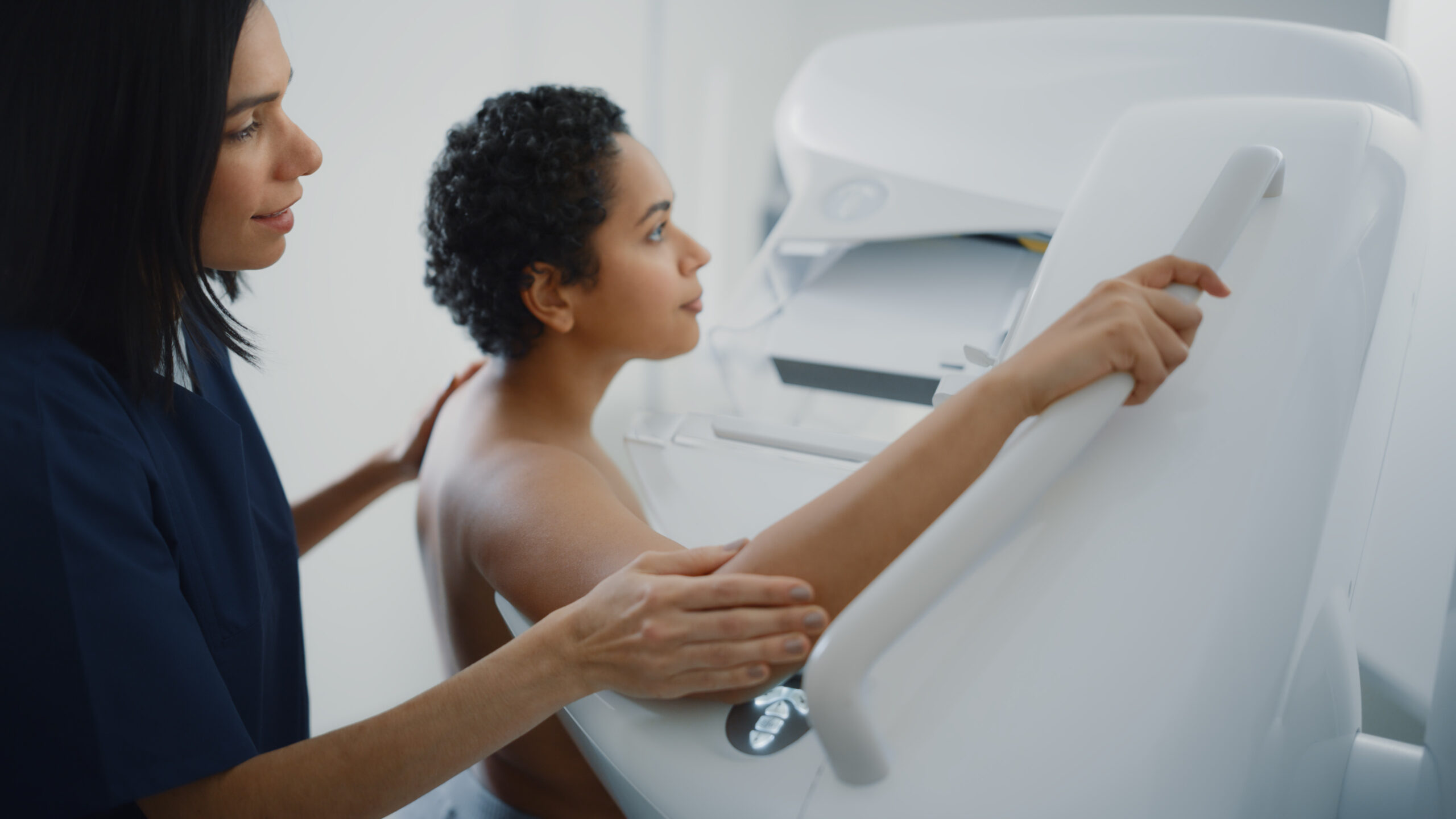
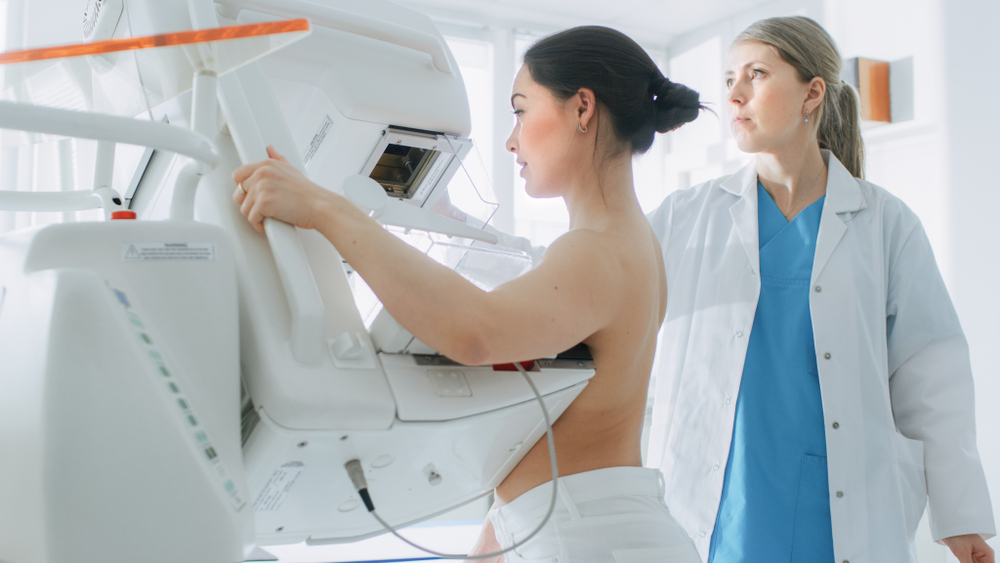
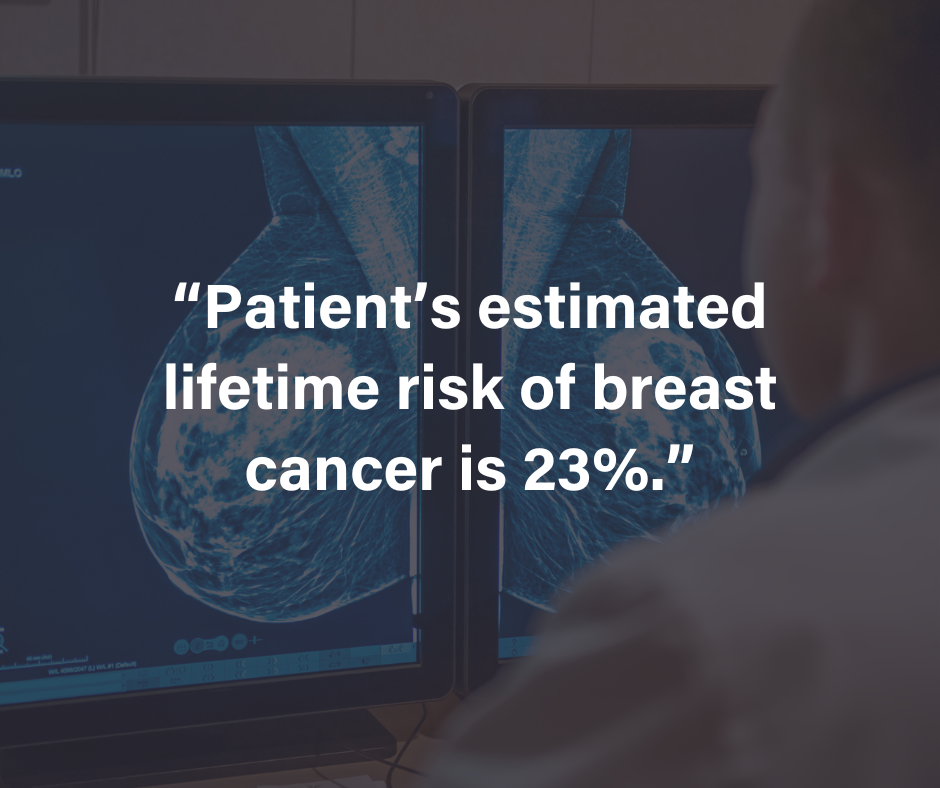
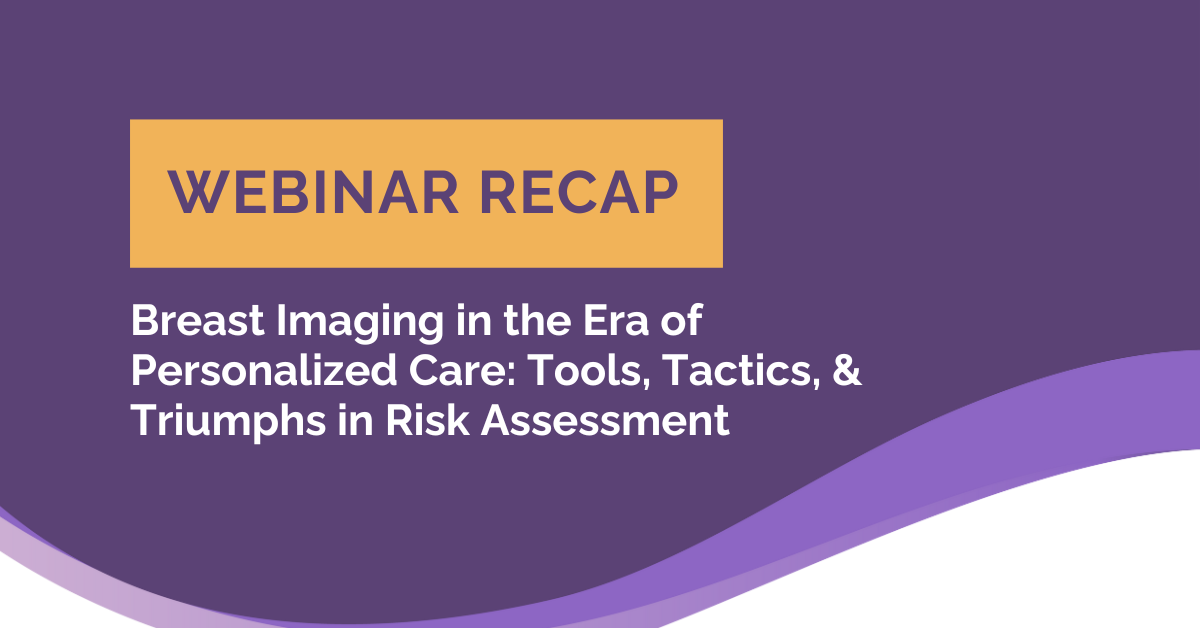
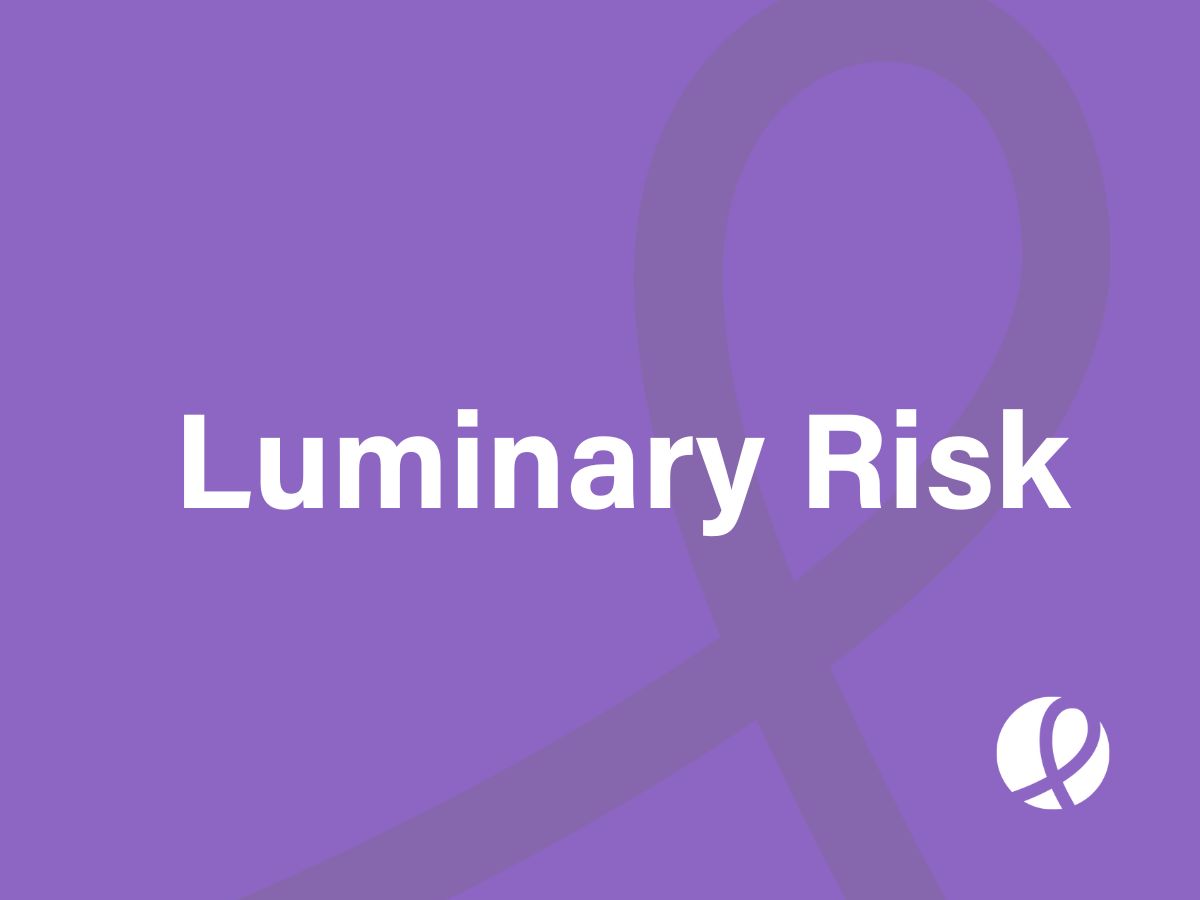





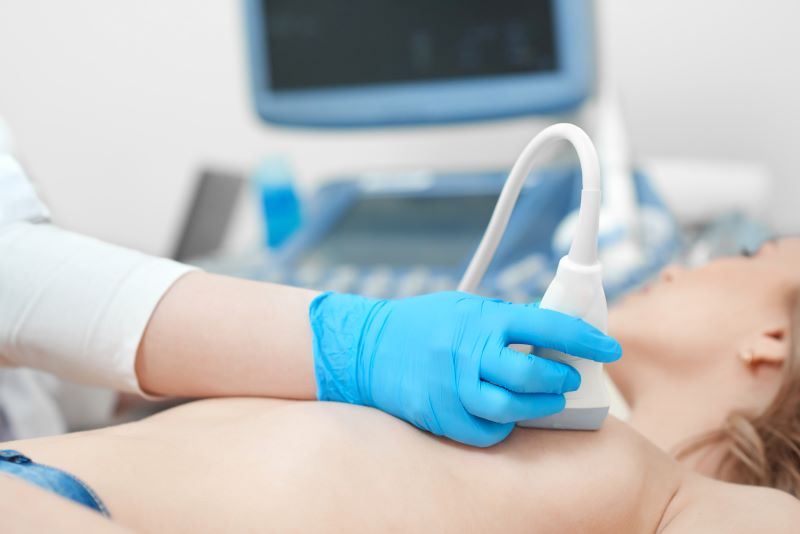
![monitoring breast density shutterstock_1299510538-[Converted]](https://magview.com/wp-content/uploads/2023/05/shutterstock_1299510538-Converted.jpg)
